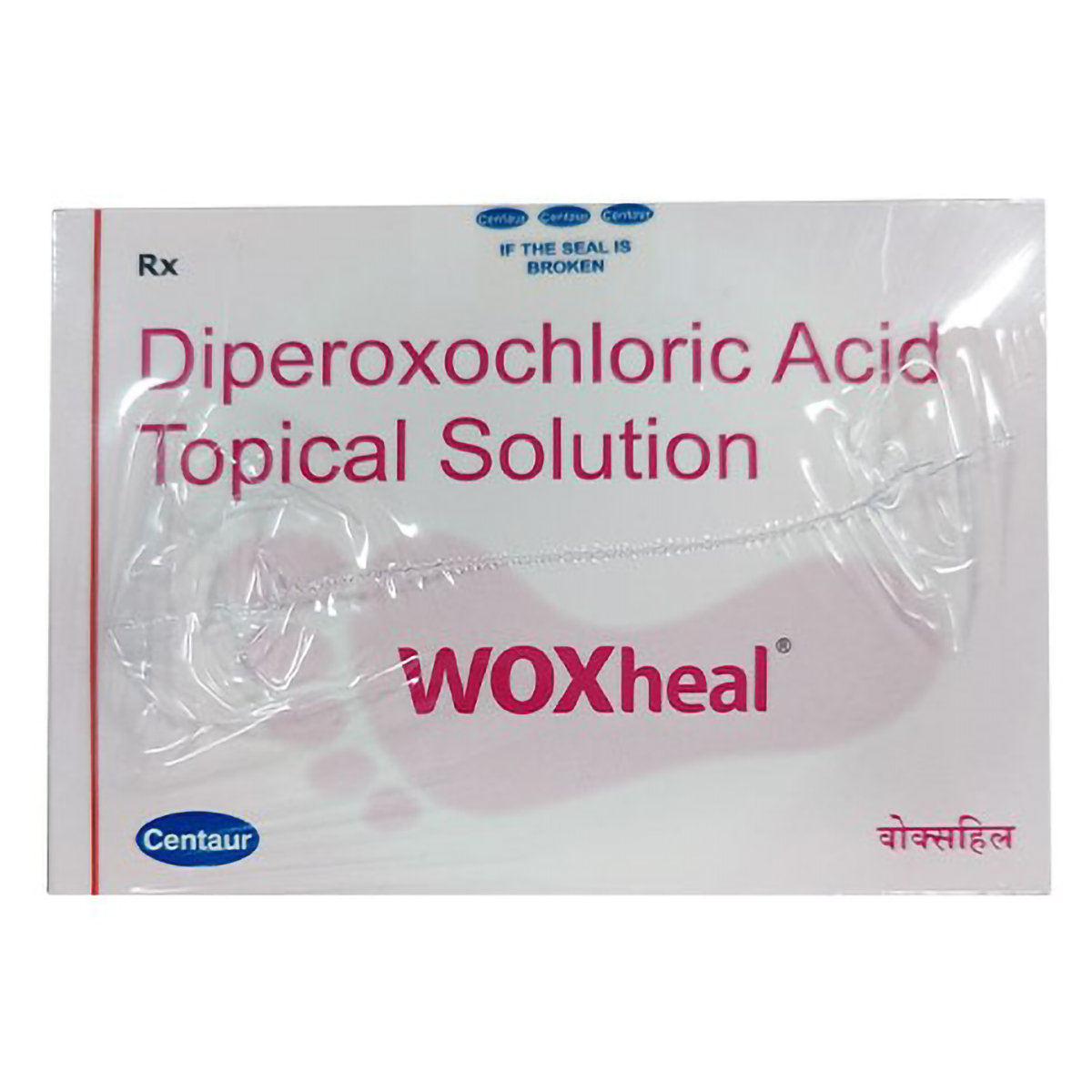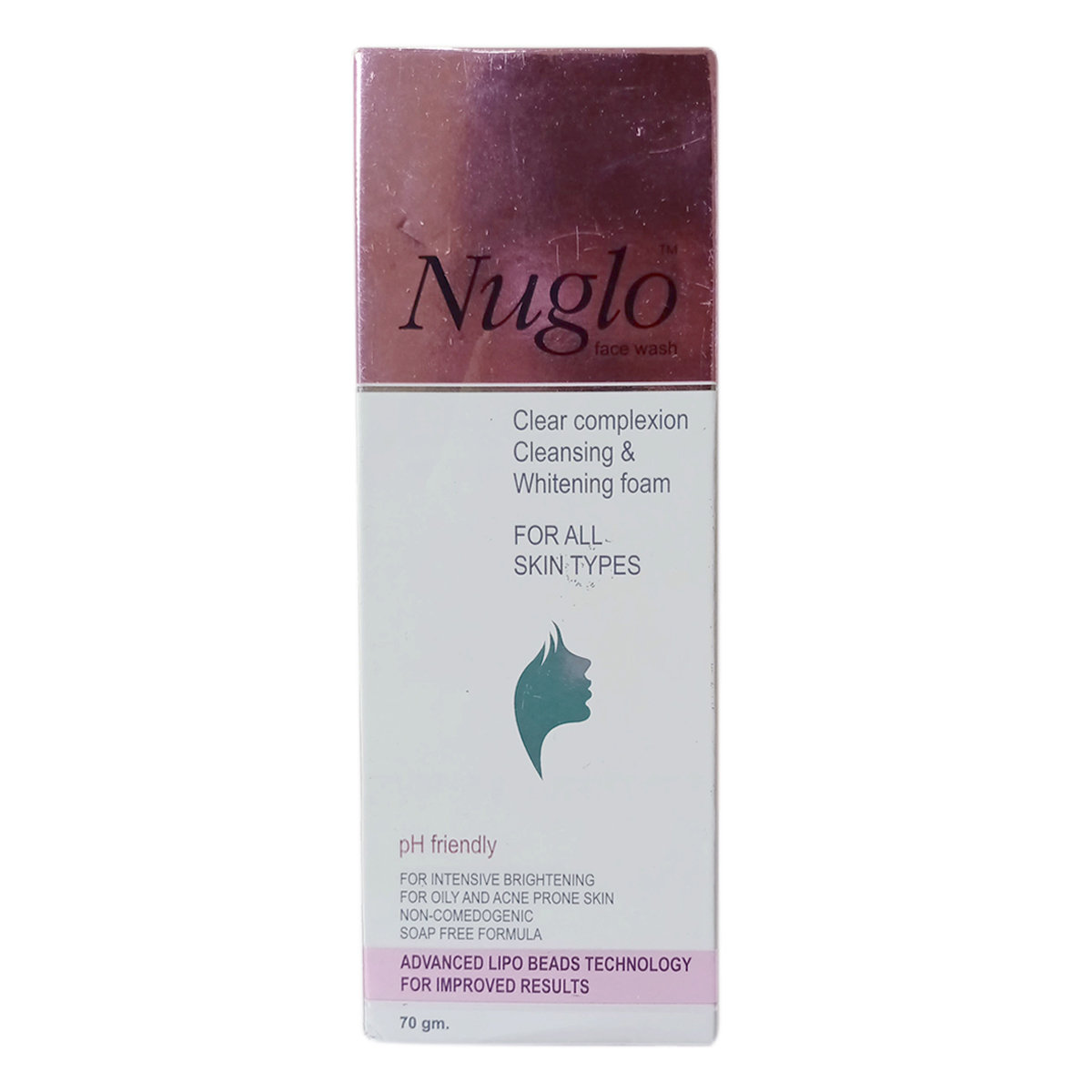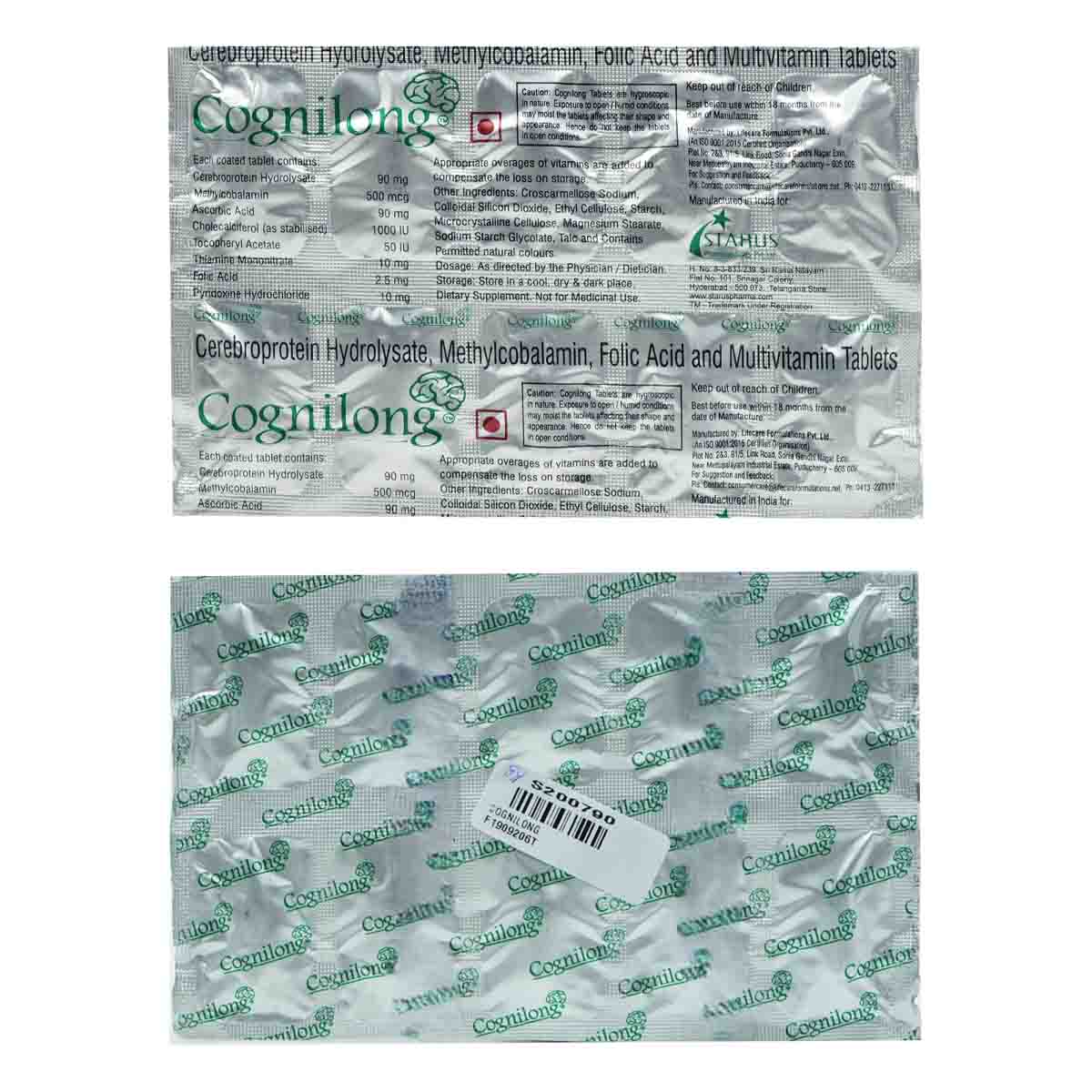Diperoxochloric Acid
About Diperoxochloric Acid
Diperoxochloric Acid is a topical solution used to treat chronic diabetic foot ulcers, where infection and poor circulation slow healing. Diabetic foot ulcer is a sore that develops on the feet of people with diabetes, caused by poor circulation, nerve damage, and high blood sugar.
Diperoxochloric Acid contains Diperoxochloric Acid, which helps promote wound healing by stimulating the cells that form the matrix of the wound bed, speeding up the closure process. Additionally, it targets and eliminates infectious bacteria present in the ulcer, reducing the risk of further infection.
Diperoxochloric Acid is for external use only. Follow your doctor’s instructions when using Diperoxochloric Acid. It should be used for the duration prescribed by your doctor, based on your condition. Some people may experience side effects like redness, swelling, irritation, or a burning sensation at the application site. These effects are usually temporary and do not require medical attention. However, if they persist or worsen, consult your doctor for guidance.
Inform your doctor if you are allergic to Diperoxochloric Acid and provide details about your medical conditions, sensitivities, and all medications you are currently using. Additionally, let your doctor know if you have liver or kidney disorders. If you are pregnant or breastfeeding, inform your doctor before use. Do not use any other topical agents with Diperoxochloric Acid unless prescribed by your doctor.
Uses of Diperoxochloric Acid
Medicinal Benefits
Diperoxochloric Acid helps reduce inflammation and provides a clean, moist wound environment, which is essential for the proper healing of diabetic foot ulcers. It contains Diperoxochloric Acid, which eliminates bacterial infections in wounds and stimulates fibroblast cell proliferation to aid in healing and closure. Diperoxochloric Acid promotes faster healing by encouraging cell regeneration, reducing inflammation, and preventing secondary infections, which are common complications in diabetic foot ulcers.
Directions for Use
- Use Diperoxochloric Acid as directed by your doctor or as per the labelled instructions.
- Apply the Diperoxochloric Acid on a dry, affected area and rub gently, then keep the area covered with moist dressings to enhance the effectiveness of the medication.
- Wash your hands before and after applying Diperoxochloric Acid.
Storage
Side Effects of Diperoxochloric Acid
- Redness
- Swelling
- Skin Irritation
- Allergic reaction
- Burning sensation at the site of application
Drug Warnings
Avoid using Diperoxochloric Acid if you are allergic to it. Keep your doctor informed about your health condition, including your medical history and any previous medications, to rule out potential side effects or interactions. Consult your doctor before using Diperoxochloric Acid if you are pregnant or breastfeeding. Avoid applying the Diperoxochloric Acid to the nose, mouth, or eyes. If it comes into contact with these areas, wash thoroughly with water. Wash your hands before and after applying Diperoxochloric Acid to prevent spreading the infection.
Drug Interactions
Drug-Drug Interactions: No interactions found.
Drug-Food Interactions: No interactions found.
Drug-Disease Interactions: Let your doctor know about any pre-existing diseases to ensure safe medication use.
Drug-Drug Interactions Checker List:
Safety Advice

Alcohol
cautionThe interaction of Diperoxochloric Acid with alcohol is unknown. Please consult your doctor in case of any concerns.

Pregnancy
cautionConsult your doctor if you are pregnant or planning pregnancy. Your doctor will prescribe it only if the benefits outweigh the risks.

Breast Feeding
cautionThere is limited information on how Diperoxochloric Acid affects breastfeeding. Please consult your doctor before using Diperoxochloric Acid if you are a breastfeeding mother.

Driving
safe if prescribedDiperoxochloric Acid usually does not affect your ability to drive or operate machinery.

Liver
consult your doctorPlease consult your doctor before using Diperoxochloric Acid if you suffer from liver disease.

Kidney
cautionIf you have any concerns regarding the use of Diperoxochloric Acid in case of kidney problems, please consult a doctor.

Children
cautionIf you have any concerns regarding the use of Diperoxochloric Acid for children, please consult a doctor.
Habit Forming
Diet & Lifestyle Advise
- Avoid processed sugars and refined carbs to prevent spikes in blood sugar.
- Keep your feet clean and dry; inspect daily for cuts, blisters, or sores.
- Wear comfortable, properly fitting shoes to avoid friction and injury.
- Quit smoking to improve circulation and reduce the risk of complications.
- Manage weight to reduce pressure on the feet and improve overall health.
- Avoid alcohol as it can interfere with blood sugar management and healing.
- Maintain stable blood sugar levels through a balanced diet and regular monitoring.
Special Advise
Patients Concern
Disease/Condition Glossary
Diabetic Foot Ulcer: A diabetic foot ulcer is an open wound or sore that forms on the feet of individuals with diabetes, typically due to poor circulation, nerve damage, and high blood sugar levels. These ulcers can be slow to heal and are at high risk for infection, potentially leading to more serious complications if not treated properly.
FAQs
Diperoxochloric Acid is used in the treatment of Diabetic Foot Ulcers. Diabetic foot ulcer is a sore that develops on the feet of people with diabetes, caused by poor circulation, nerve damage, and high blood sugar.
Diperoxochloric Acid contains Diperoxochloric Acid, which helps promote wound healing by stimulating the cells that form the matrix of the wound bed, speeding up the closure process. Additionally, it targets and eliminates infectious bacteria present in the ulcer, reducing the risk of further infection.
Clean the ulcer area thoroughly, apply a thin layer of Diperoxochloric Acid to the wound using a sterile gauze or applicator, and cover with a sterile dressing.
Diperoxochloric Acid is useful for preventing and reducing infection, but if your ulcer develops serious infection (such as increased redness, pus, or fever), see a doctor immediately.
Side effects of Diperoxochloric Acid are rare, but may include skin irritation, a temporary stinging sensation, or an allergic reaction. If you experience any discomfort, stop using it and see a doctor.
No, you are not recommended to stop using Diperoxochloric Acid without consulting your doctor as it may worsen the condition or cause recurring symptoms. Therefore, Use Diperoxochloric Acid for as long as your doctor has prescribed it, and if you experience any difficulty while using Diperoxochloric Acid, please consult your doctor.
Available Medicines for
Diperoxochloric Acid

Ahaglow S Foaming Face Wash 100 ml | Salicylic Acid & Glycolic Acid
1 Bottle
₹745.5 (MRP 877)15%Off
cashback: 0










